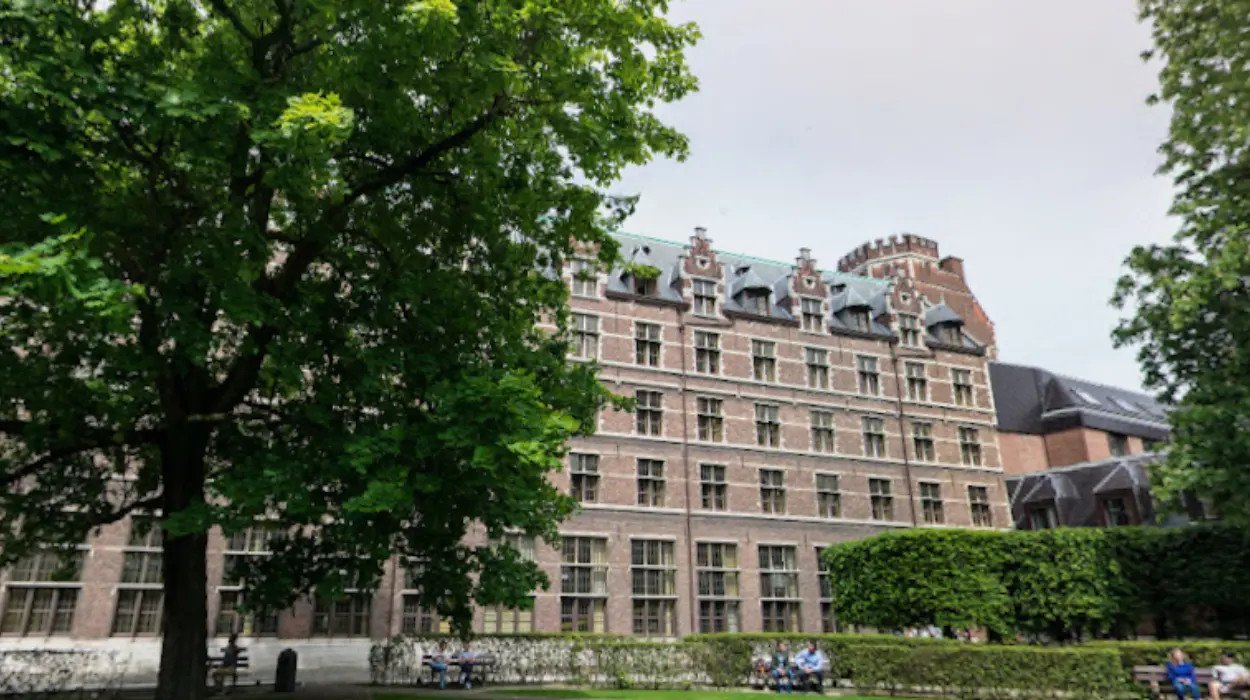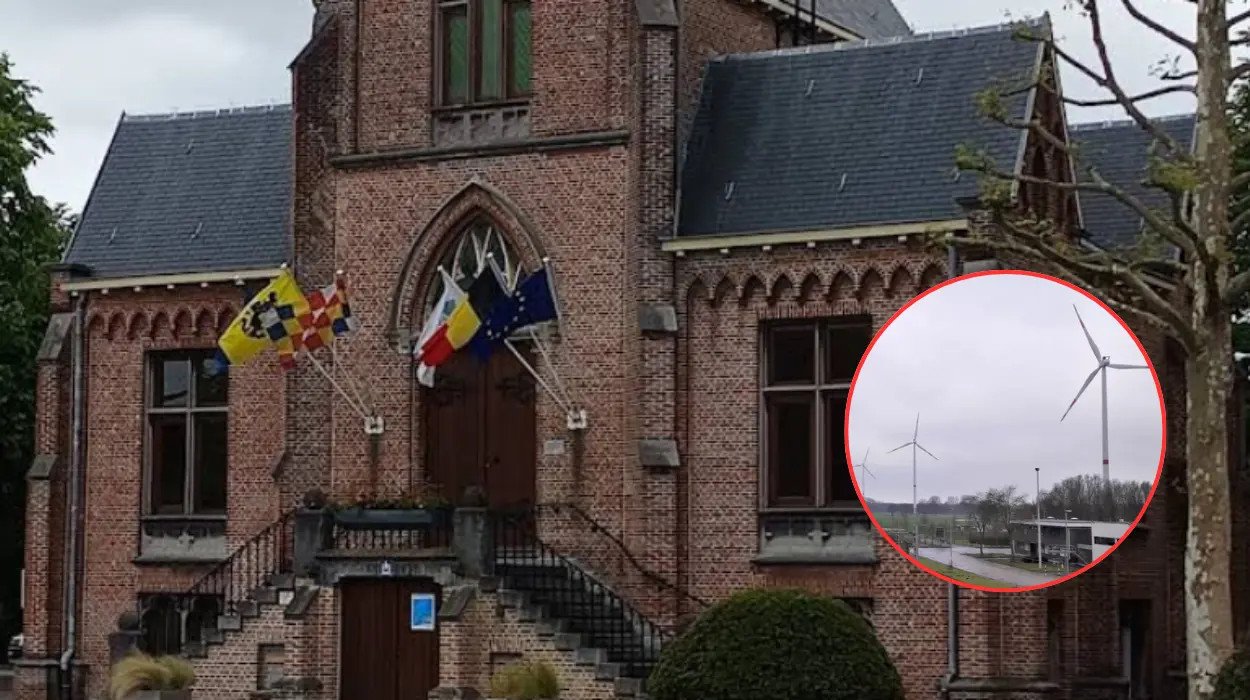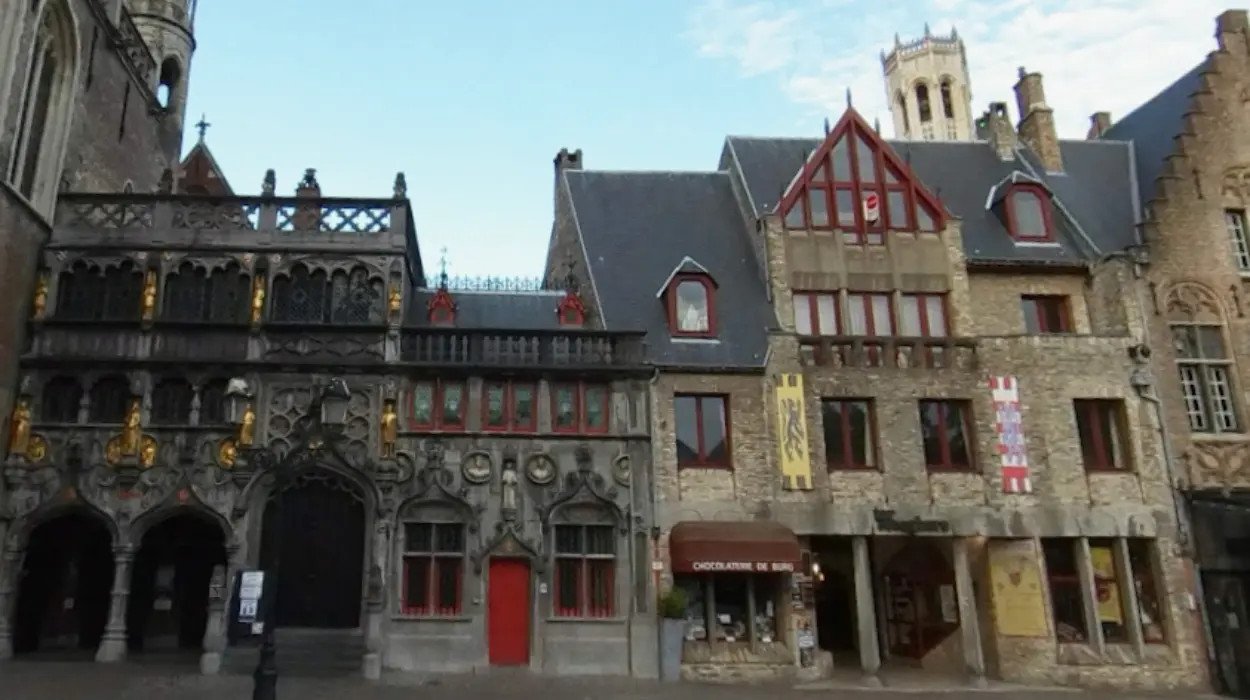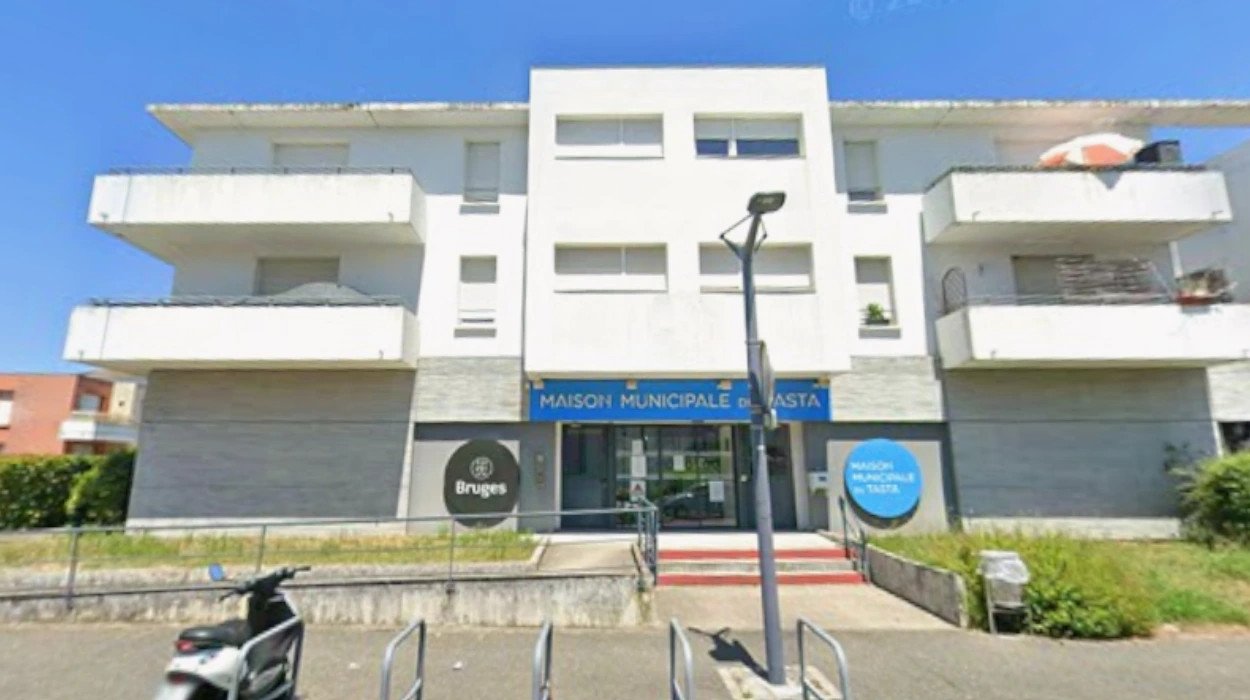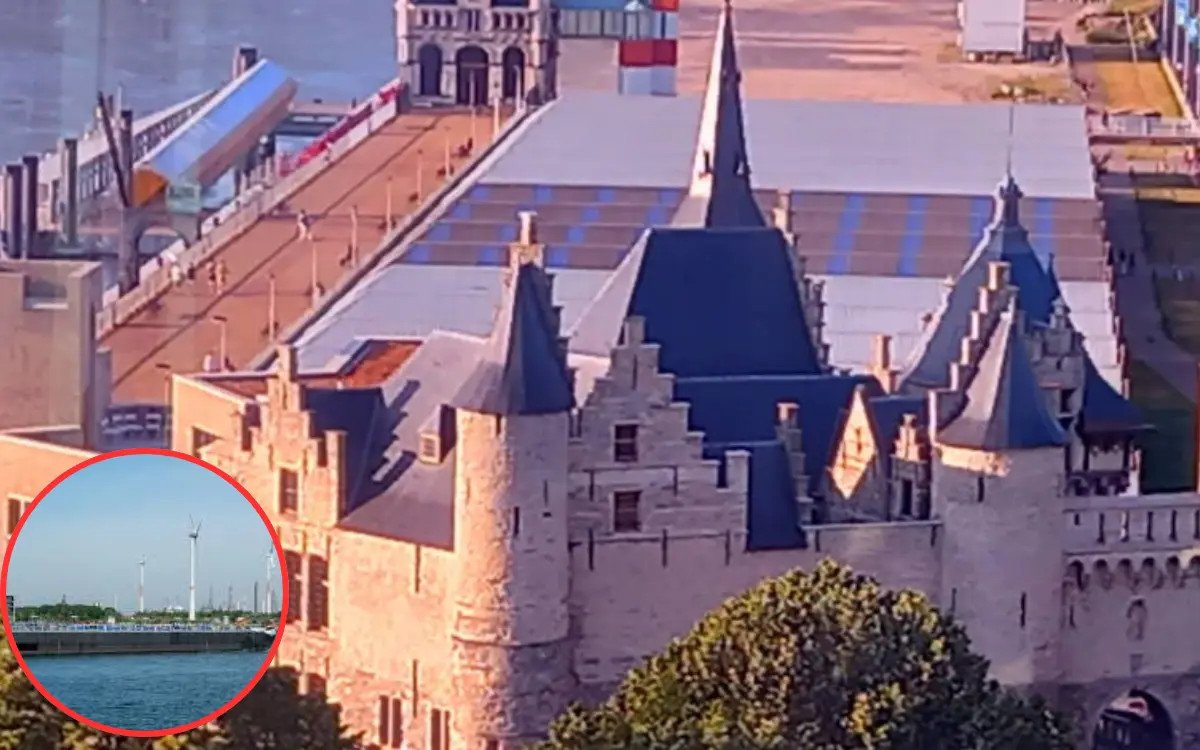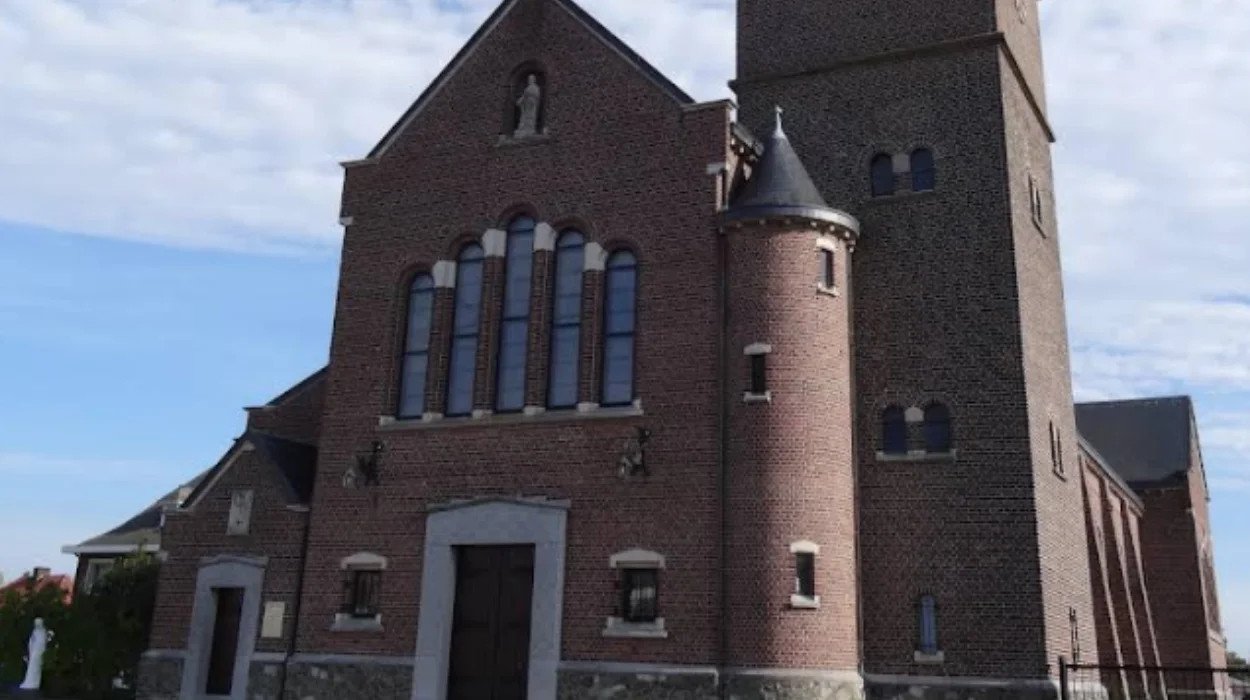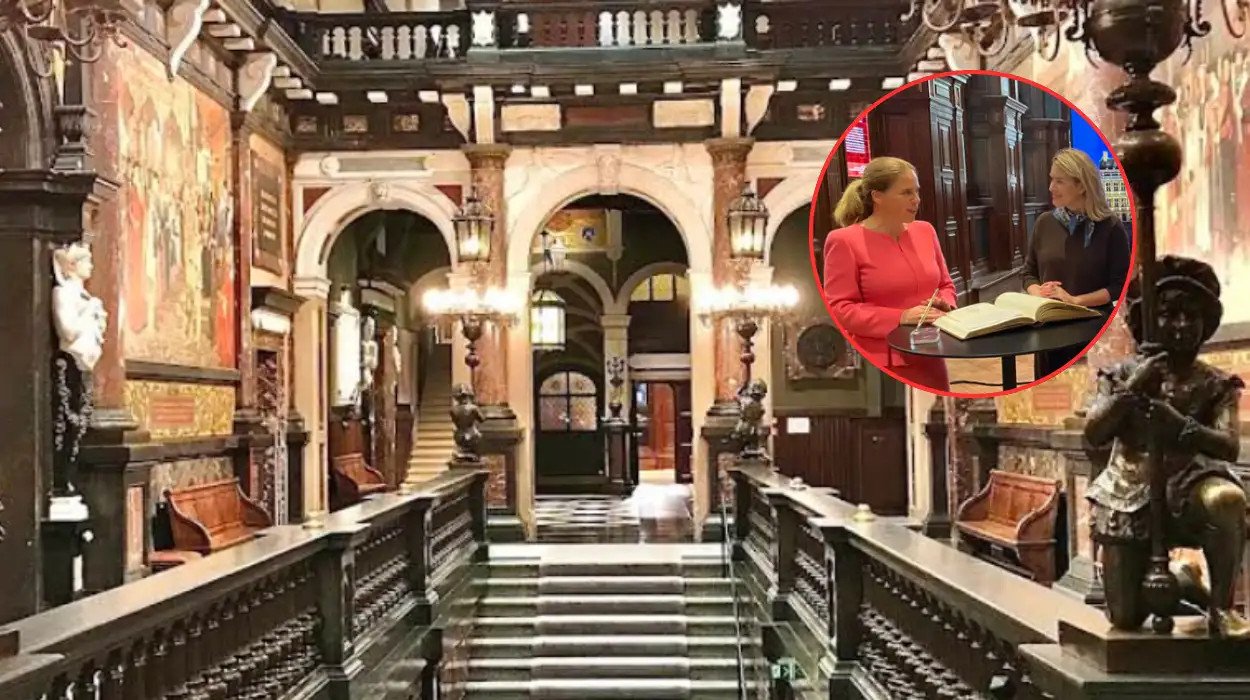Antwerp – The University of Antwerp has launched the Bloedserieus campaign in collaboration with Red Cross Flanders, targeting 12,000 blood donations for this year. On October 14, 2025, around 200 donors are expected at Campus Drie Eiken in Wilrijk, reports 24brussels.
The Bloedserieus initiative aims to encourage blood donations among students. This year’s goal is to achieve just over half of the total 12,000 donations in the first semester. As reported by VRT News, Red Cross Flanders is at a critical level for five blood groups, making the student contributions essential.
Vincent Verbeecke, spokesperson for Red Cross Flanders, expressed optimism about the campaign’s turnout at the campus. “Around 200 students are expected to donate on the first day,” he stated, highlighting the busy atmosphere in the Komida cafeteria where students and volunteers gather. Verbeecke described the launch as a success.
“We are currently at a low or critical level for five blood groups. Students who donate blood en masse in the coming weeks and months are therefore very welcome,”
Volunteers from Aesculapia, the University of Antwerp’s medical student association, are assisting in the campaign. Xavier Bogman, Aesculapia’s president, noted this is the first Red Cross visit to the Wilrijk campus in several years, with the student group actively reviving the initiative since June 2025.
“We’ve distributed flyers, hung posters, and spoken to students. Today we’re supporting the students who come to donate and providing follow-up care,”
In addition to typical student activities, Bogman emphasized the student association’s commitment to social contributions, expressing hopes to sustain such initiatives each semester or annually.
Prior to the campaign, the Red Cross Flanders team undertook efforts to promote the upcoming donations by distributing materials and directly engaging students. The donation process occurs at the campus donor centre, conveniently located above the main campus area.
Verbeecke reiterated the significance of bringing donation drives to campuses, citing the importance of accessibility for students, who can donate during breaks alongside their peers. “The concept is really catching on,” he noted.
A veterinary student who contributed for the first time expressed satisfaction with the campus setup, stating,
“You are here for classes anyway, and the Red Cross is here all day. You can come whenever it is convenient. It is my first time donating blood, and I am very glad I did.”
Belgium has a rich history of student-led blood donation campaigns, beginning with the Bloedserieus initiative in Leuven in 1990. The movement has since expanded to other cities, such as Ghent, Antwerp, and Bruges. By 2024, the campaign reached 13 cities, achieving over 11,000 student donations. Additional efforts included blood plasma donation campaigns at institutions like the College of Europe in Bruges.
